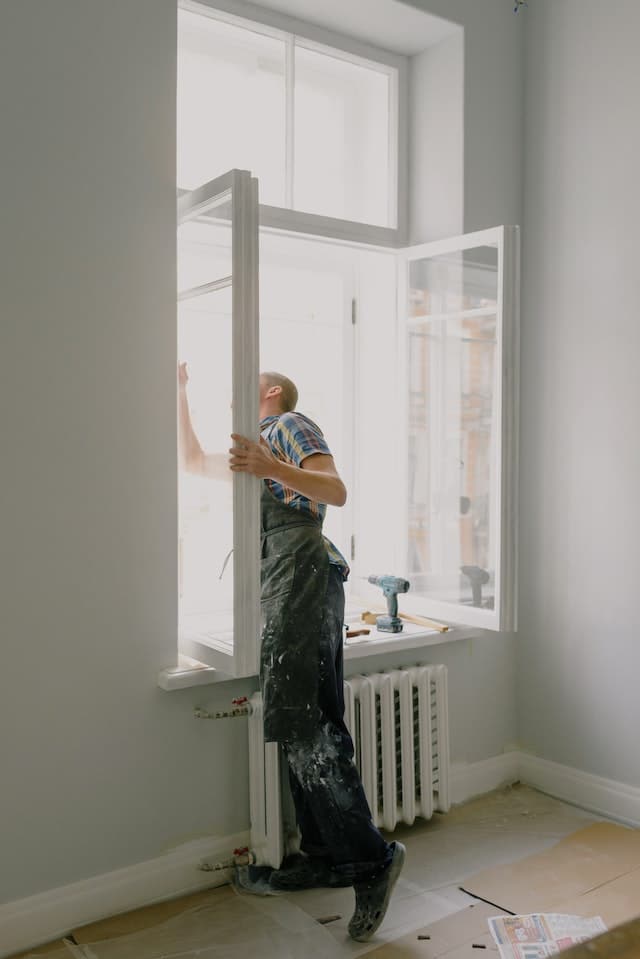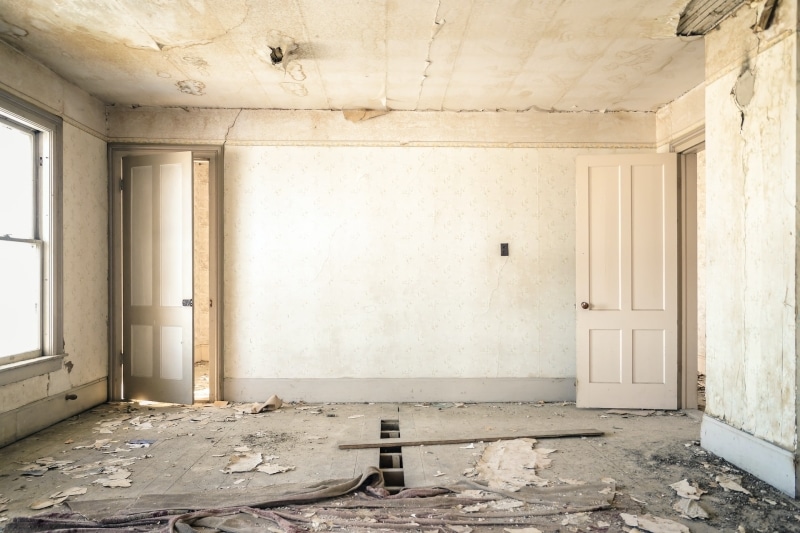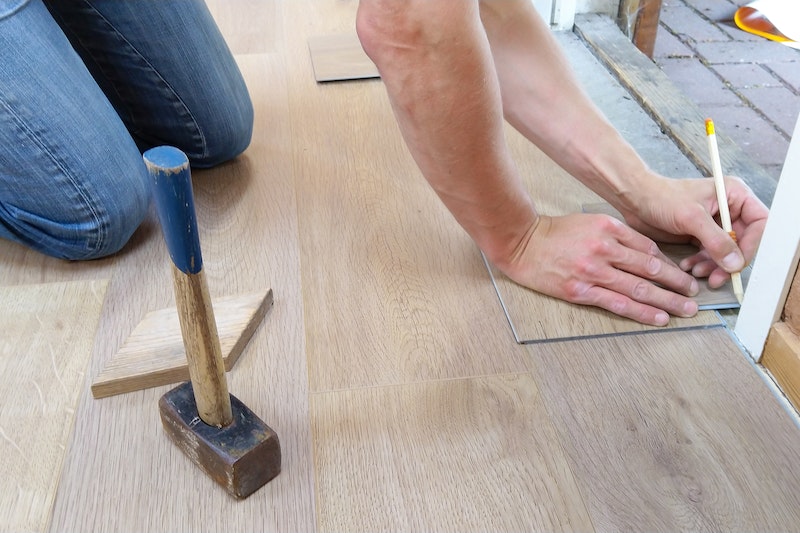A home improvement project can raise the value of your house, but if you’re not careful, it might rapidly get out of hand.

Image Source: pexels.com
The following 12 considerations should be examined while creating your home improvement budget.
1. Do your Research Appropriately
Yes, it’s crucial to do your homework before choosing your home’s layout, particularly if it’s a small space. During your study, you might find several suggestions for enhancing modest homes. You can then approach contractors with a request for estimates after calculating your own strategy.
However, once you’ve gotten bids, the onus is on you to make sure you’re not being overcharged. Always check with 3 or 4 contractors when conducting your investigation. Don’t want to hire any contractor too soon, just discover them after analyzing their reputation.
Get a sense of the level of services that is offered by them to you as well. The caliber of designers and contractors varies depending on where you live. Don’t worry if your research is taking long duration. Instead of rushing the remodel, it is preferable to take extra time to conduct a thorough study.
2. Hire a Reliable Working Team
Your team will typically consist of an architect, a builder, and an interior designer. These professionals are essential to the renovation process. To save money, don’t skimp on them.
While working with specialists might be wise, we are not encouraging you to spend. In fact, they may help you avoid spending money on unnecessary purchases or halt your own foolish calls.
It’s also a good idea to solicit advice from your friends and family as you renovate. Which challenges have they already encountered? What was effective for them? What, if anything, would they change?
3. A Clear Picture
Before you begin any work, be sure your vision for the refurbished space is crystal clear. Even if you got your inspiration from television or a magazine, it still works.

Image Source: pexels.com
Having a clear mental image of the remodel can help you estimate your spending, the people you’ll need to recruit, and the duration of the project. It will also make it easier for you to plan hotel stays if you need to leave your house to complete a significant restoration.
4. Finalize Your Budget
Setting away a few thousand dollars for emergencies is the finest financial strategy.
Be adaptable as well. It’s inevitable that there will be obstacles and problems during your renovation. However, having a flexible spending plan may improve your mood. You won’t have to worry about going over budget all the time.
Typically, your builders will let you know how much your remodeling plan will cost. If you disagree with their estimate, don’t move through with the renovation. Make sure you comprehend the budget before moving on with the remodel.
5. Find out the Work Scopes
Planning high-priority projects is the next stage after creating a reasonable budget and conducting your research.
What are the first steps in your renovation that are most crucial? beginning with them. Place the items on your list that need a prompt answer at the top.

Image Source: unsplash.com
Additionally, do your best to work around a contractor’s defined window of availability.
Second, what do you need that you don’t want? You can move those to the bottom of the list until your needs are met.
Watch your spending while your renovation takes shape. Are you short on cash or does your budget look sound? Then, make any necessary modifications.
6. Start Early
As soon as you have your professionals in place and the necessary funds for materials, have them begin working. Starting earlier will enable both your team and you to benefit from your newly renovated space more rapidly.
But it’s important not to hasten the process. You will ultimately save time and money by doing this. Yes, mistakes will happen. However, taking your time will be more beneficial.
7. Plan Temporary Housing
As soon as you have your professionals in place and the necessary funds for materials, have them begin working. Starting earlier will enable both your team and you to benefit from your newly renovated space more rapidly.
But it’s important not to hasten the process. You will ultimately save time and money by doing this. Yes, mistakes will happen. However, taking your time will be more beneficial.
8. Minimizing Cost
If you want to keep it inside your budget, you might want to think about cost-cutting. There are unquestionably certain things or fixtures you don’t need. Here, cost-cutting becomes important.
What is essential for you and what is not, first ask your professionals. Make certain they are considering you. If you do your homework, you’ll have a better chance of finding a dependable contractor or designer.

Image Source: pexels.com
Even though you can save money, be sure to buy all the things you need. Don’t, above all, compromise on quality.
9. Sell Old Stuff
Do you still have any extra building supplies? Some of these things might be sellable on online marketplaces like Craigslist or Offer Up. Or if you want to get rid of old furniture or appliances, this is a great location to go.
If you include this extra cash in your budget, you won’t have a lot of items laying around.
10. Add a Customized and affordable Metal Structure
If you want to keep your belongings safe for years to come, you can plan a metal building. Metal buildings are affordable, sturdy, easy to maintain and quick to install options for homeowners.
Pre-engineered metal building kits are cost-saving structures comes in variety of customization options to design and fulfil all your storage needs. Steel is a cheaper material that other building material, that’s why constructing a metal building is cheaper than any other type of building.
11. Reuse Appliances and Furniture
Renovation doesn’t necessitate getting rid of every single item of furniture you own. There may be specific materials that work with your new design if you’re converting to a completely other theme.
If you previously have RTA wood cabinets in your kitchen in your recently renovated home, for example, it would be fantastic to reuse them.
12. Apply Some DIY if You Can
You can save money by completing some activities by yourself, which is possible. Additionally, you would gain some first-hand experience. DIY remodeling alternatives include painting, putting up baseboards, and installing flooring.




Leave a Reply